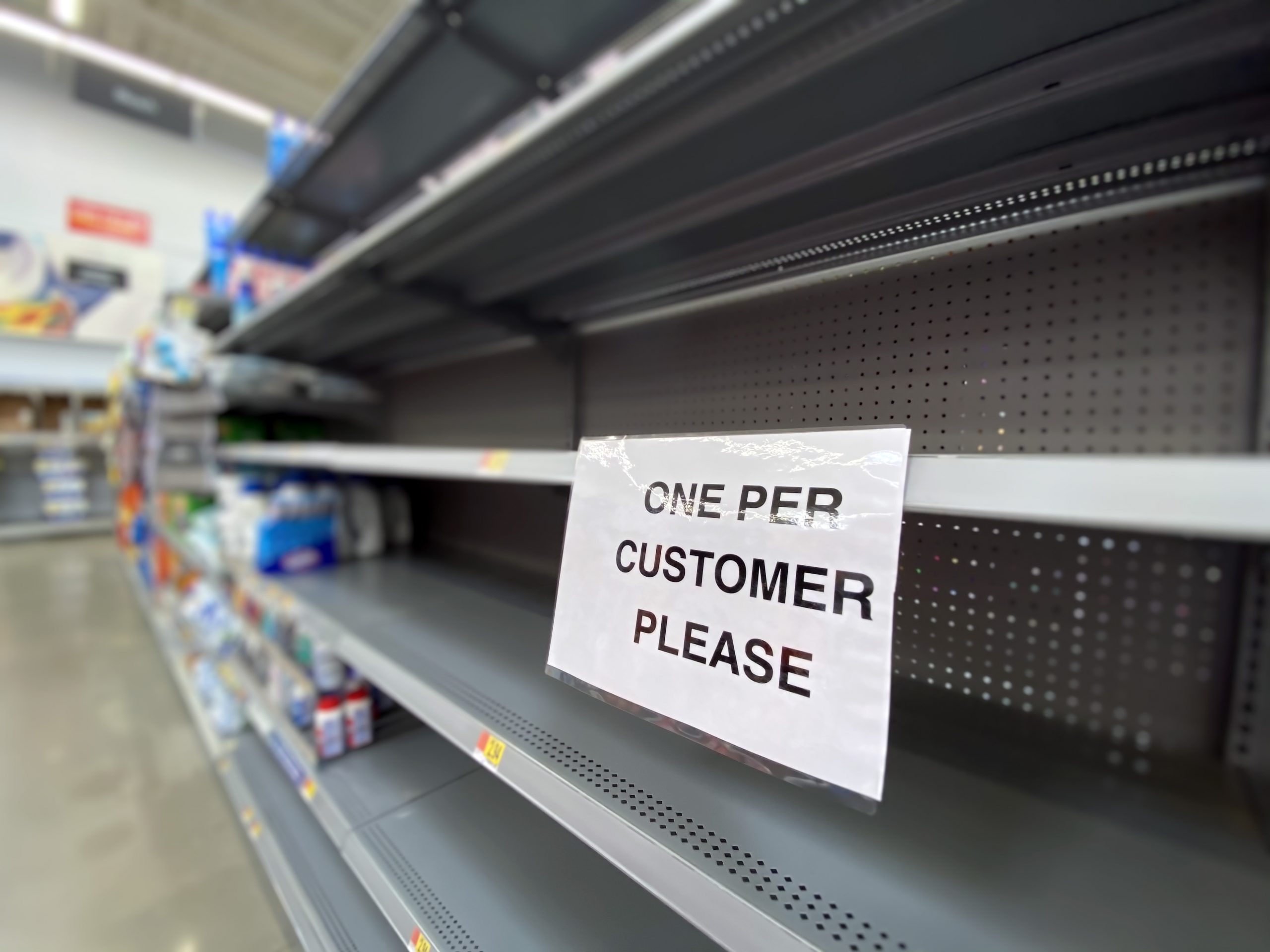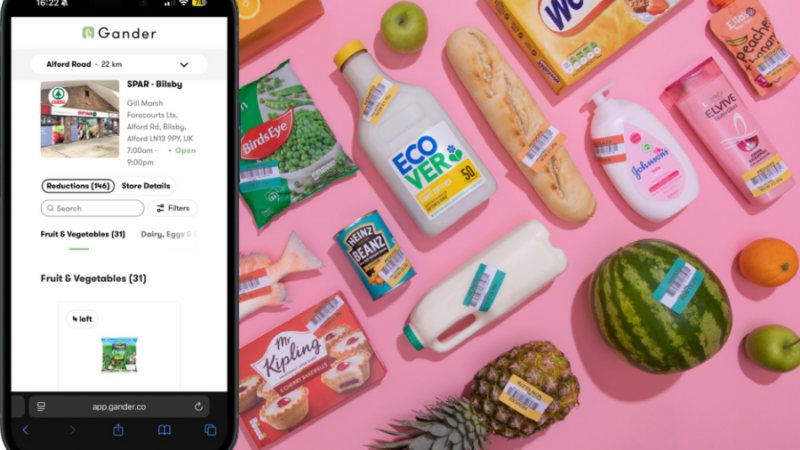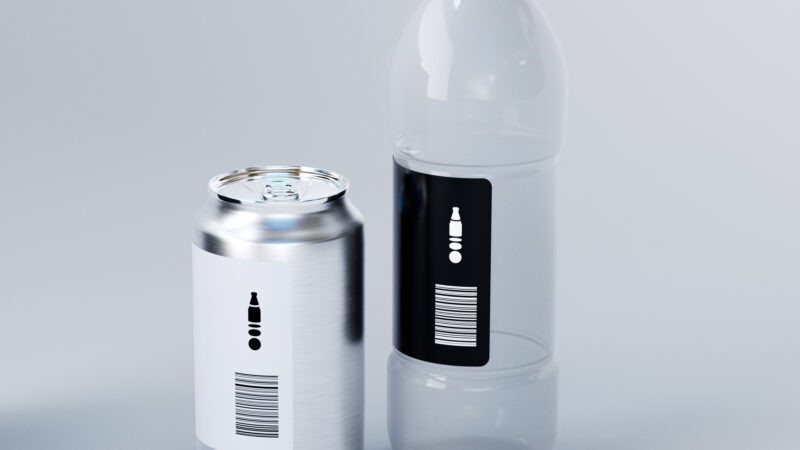Customers face Brexit double-whammy on prices and supply

Northern Ireland firms hit with increased costs due to Brexit are having to pass those on to customers who may not be able to get their hands on some goods, it has been revealed.
Inflation and disruption to the supply chain, largely caused by Britain leaving the EU, have hit construction, retail and hospitality hard, a survey conducted by IHS Markit on behalf of Ulster Bank found.
And the NI Protocol’s creation of a new trade border in the Irish Sea has had some unexpected side-effects.
While goods moving from NI to Great Britain continue to have “unfettered access” the creation of an Irish Sea border has led to difficulties in moving goods from the other way, and to the Republic.
As a result, many businesses in Northern Ireland, which the Protocol keeps in the EU’s single market for goods, are trying to cut Great Britain out of supply chains where possible – and the exact same applies when it comes to businesses in the Republic cutting deals with NI firms.
Official monthly data from Ireland’s Central Statistics Office for the first quarter of 2021 showed Northern Ireland exports to the Republic up 60% to more than €1bn (£859m), while trade in the other direction was also up by 40% to €977m (£841m).
However, some aspects of the Protocol conundrum simply can’t yet be worked round with keen-eyed shoppers almost certain to spot them.
Just last month six supermarkets wrote to Brexit Minister Lord Frost, and Maroš Šefčovič, vice-president of the European Commission, warning the next phase of checks will drive up costs both for them and consumers in Northern Ireland consumers.

Representatives from Tesco, Asda, Sainsbury’s, Co-op, Iceland and Marks and Spencer wrote a joint letter to the UK government and the European Commission to highlight their concerns.
Those six retailers alone represent more than 75% of Northern Ireland’s grocery market, according to the British Retail Consortium, which co-ordinated the letter, which calls for action to prevent disruption to trade, so UK supermarkets can “continue to provide the people of Northern Ireland with choice and affordability”.
‘Less choice and higher costs’
Among the so-called ‘grace periods’ agreed by the EU to protect food supplies and to give retailers times to adapt was a delay to banning some chilled meat products from GB – including sausages and mince.
In June the EU agreed that controversial ban would not come into force until October.
Chief executive of the British Retail Consortium Helen Dickinson said: “The end to the Northern Ireland grace period looms in the mind of every British retailer with supply chains in Northern Ireland,.
“If no action is taken, then it will be the people the Northern Ireland, with half of the discretionary income of Great Britain households, who bear the brunt of this stalemate – meaning less choice and higher costs for essential food purchases.”
To read the full feature on the Drive-thru Revolution make sure to open the upcoming edition of Neighbourhood Retailer






